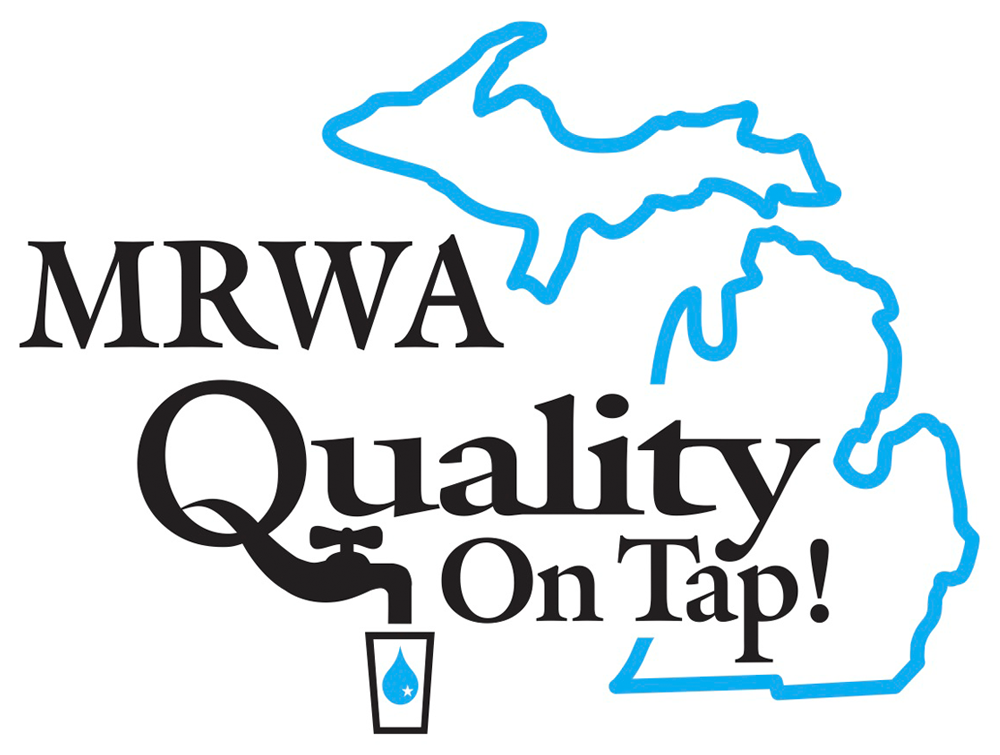Applications of Chlorine Dioxide, April 28, 2022, Davison
City of Davison
200 East Flint StreetDavison, MI 48423
United States
Event Details
EFORE YOU REGISTER ANYONE FOR THIS CLASS:
1. You are in the database so DO NOT ADD yourself or create a new account. If you do not know what email address we have on file for you, call the office.
2. Each person must have an INDIVIDUAL EMAIL ADDRESS (It does not have to be a company email, just one they can access).
Continuing Education Credits: 0.5 CECs Water and Wastewater Technical
Price: Free but you MUST Pre-Register
Funding for this class provided by the EPA
This presentation looks at Chlorine Dioxide’s potential as the new primary disinfection for the 21st century. We’ll explore this disinfectant by 1st comparing the common forms of Chlorine, then we’ll look at very basic chemistry to determine why Chlorine Dioxide has terrific potential as a replacement. We’ll explore common uses today, some of the key difference/advantages Chlorine Dioxide offers operators when disinfecting our potable waters and treated wastewater effluents. With today’s high transportations costs perhaps it’s time to look at site-generation of our primary oxidizers. Chlorine Dioxide may prove to be the disinfectant of choice to minimize byproducts, maximize disinfectant residuals, at predictable costs. This presentation looks at Chlorine Dioxide’s potential as the new primary disinfection for the 21st century. We’ll explore this disinfectant by 1st comparing the common forms of Chlorine, then we’ll look at very basic chemistry to determine why Chlorine Dioxide has terrific potential as a replacement. We’ll explore common uses today, some of the key difference/advantages Chlorine Dioxide offers operators when disinfecting our potable waters and treated wastewater effluents. With today’s high transportations costs perhaps it’s time to look at site-generation of our primary oxidizers. Chlorine Dioxide may prove to be the disinfectant of choice to minimize byproducts, maximize disinfectant residuals, at predictable costs.
Learning Objectives
1) Basic understanding how Chlorine dioxide is produced, handling, safety, storage, etc.
2) Learn why Chlorine Dioxide reactions in water and wastewaters are so unique the only chlorine-based oxidizer that does not hydrolyze.
3) Potential applications in both water and wastewaters for disinfecting as well as minimizing byproducts.
AGENDA
8:00 am - Registration
8:30 am Basic history of origin of Chlorine Dioxide Origin/discovery, Common users today, Use in the water/wastewater industry, summary
8:45 am Compare and contrast Chlorine Dioxide to Chlorine Gas, Hypochlorite, Calcium Hypochlorite, Differences, Uniqueness
9:45 am – Break
10:00 am Some basic chemistry of Chlorine Dioxide Generation principles, Safety, Handling, Dosing, Storage issues, Limiting the generation of byproduct
11: 00 am What sets Chlorine Dioxide apart from other oxidizers Key features, Cost comparisons, Specific reactions with common water/wastewater components, Byproduct issues
11:45 am - Lunch (included)
12:30 pm Potential applications in the water process Taste & Odor control, Enhancing pretreatment, Reducing disinfection byproducts Trading CT credits to reduce chlorine use
1:00 pm Potential applications in wastewaters Hydrolyzing effects of Chlorine Dioxide in wastewaters, Affects on nutrient management programs, Biological applications in wastewaters
1:30 pm Maintaining and measuring residuals Common methodologies, Colorimetric, Titrametric, Amperometric, Limitations, Verifications
1:45 pm – Break
2:00 pm Case Histories Duck River Utility Commission, (TN), Passamaquoddy Water District, (Eastport. ME), Village of Seneca, NY, NTNCWS’s in Maryland 1) Their experience & applications 2) Problems 3) Positives
3:00 pm Question and answers
Payment/Cancellation Policy: Payment is expected prior to class. Cancellations must be requested at least 3 business days prior to the start of the class, or your registration fee will be forfeited. If you cancel least 3 business days prior to the start of class, the full amount may be refunded. You may send a substitute attendee.
For More Information:
 2127 University Park Drive, Suite 340
2127 University Park Drive, Suite 340 Okemos, MI 48864 517.657.2601
